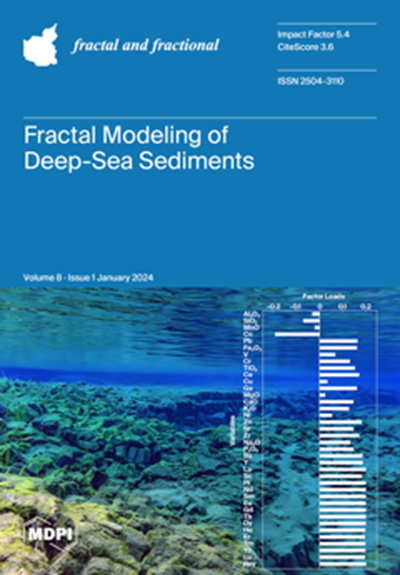使用混合水母搜索和粒子群优化法优化非线性 AWS 波能转换器的分数阶 PID 控制器设计
IF 3.3
2区 数学
Q1 MATHEMATICS, INTERDISCIPLINARY APPLICATIONS
引用次数: 0
摘要
本研究采用了非线性阿基米德摆浪(AWS)能量转换系统,以便利用不规则海浪提供有用的电力。与以往研究中使用的传统 PI 控制器不同,本研究采用了分数阶 PID (FOPID) 控制器来控制 AWS 的背靠背配置。其目的是最大限度地利用海浪产生的能量,并将电网电压和电容器直流链路电压保持在预定值。在这项研究中,使用了六个 FOPID 控制器来实现控制目标,因此需要对 30 个参数进行微调。为此,采用了混合水母搜索优化器和粒子群优化(HJSPSO)算法来选择最佳控制增益。通过将系统结果与两个传统 PID 控制器和一个 FOPID 控制器进行比较,验证了所提出的 FOPID 控制系统的性能。对传统 PID 控制器的调整采用了最近提出的元启发式算法--Coot 优化算法 (COOT) 和经典的粒子群优化算法 (PSO)。此外,还使用著名的遗传算法 (GA) 对 FOPID 进行了调整。本研究调查的系统受到了各种非对称和对称故障干扰。与标准 COOT-PID、PSO-PID 和 GA-FOPID 控制器相比,HJSPSO-FOPID 的结果表明,在系统不稳定时,其性能和保持控制目标的能力都有显著提高。本文章由计算机程序翻译,如有差异,请以英文原文为准。
Optimal Design of Fractional-Order PID Controllers for a Nonlinear AWS Wave Energy Converter Using Hybrid Jellyfish Search and Particle Swarm Optimization
In this study, a nonlinear Archimedes wave swing (AWS) energy conversion system was employed to enable the use of irregular sea waves to provide useful electricity. Instead of the conventional PI controllers used in prior research, this study employed fractional-order PID (FOPID) controllers to control the back-to-back configuration of AWS. The aim was to maximize the energy yield from waves and maintain the grid voltage and the capacitor DC link voltage at predetermined values. In this study, six FOPID controllers were used to accomplish the control goals, leading to an array of thirty parameters required to be fine-tuned. In this regard, a hybrid jellyfish search optimizer and particle swarm optimization (HJSPSO) algorithm was adopted to select the optimal control gains. Verification of the performance of the proposed FOPID control system was achieved by comparing the system results to two conventional PID controllers and one FOPID controller. The conventional PID controllers were tuned using a recently presented metaheuristic algorithm called the Coot optimization algorithm (COOT) and the classical particle swarm optimization algorithm (PSO). Moreover, the FOPID was also tuned using the well-known genetic algorithm (GA). The system investigated in this study was subjected to various unsymmetrical and symmetrical fault disturbances. When compared with the standard COOT-PID, PSO-PID, and GA-FOPID controllers, the HJSPSO-FOPID results show a significant improvement in terms of performance and preserving control goals during system instability
求助全文
通过发布文献求助,成功后即可免费获取论文全文。
去求助
来源期刊

Fractal and Fractional
MATHEMATICS, INTERDISCIPLINARY APPLICATIONS-
CiteScore
4.60
自引率
18.50%
发文量
632
审稿时长
11 weeks
期刊介绍:
Fractal and Fractional is an international, scientific, peer-reviewed, open access journal that focuses on the study of fractals and fractional calculus, as well as their applications across various fields of science and engineering. It is published monthly online by MDPI and offers a cutting-edge platform for research papers, reviews, and short notes in this specialized area. The journal, identified by ISSN 2504-3110, encourages scientists to submit their experimental and theoretical findings in great detail, with no limits on the length of manuscripts to ensure reproducibility. A key objective is to facilitate the publication of detailed research, including experimental procedures and calculations. "Fractal and Fractional" also stands out for its unique offerings: it warmly welcomes manuscripts related to research proposals and innovative ideas, and allows for the deposition of electronic files containing detailed calculations and experimental protocols as supplementary material.
 求助内容:
求助内容: 应助结果提醒方式:
应助结果提醒方式:


